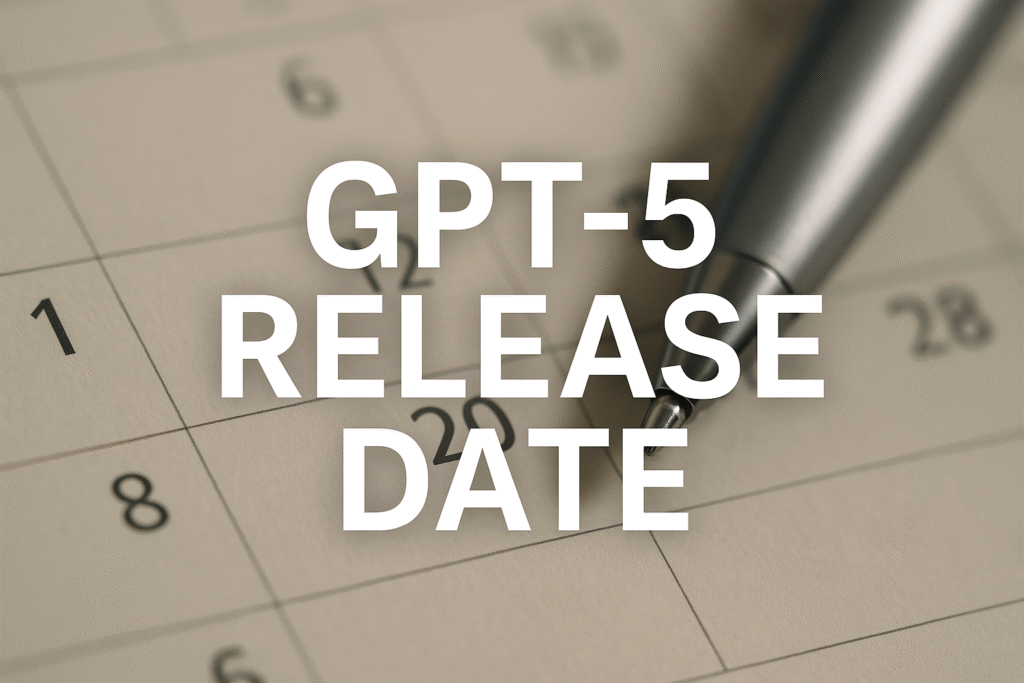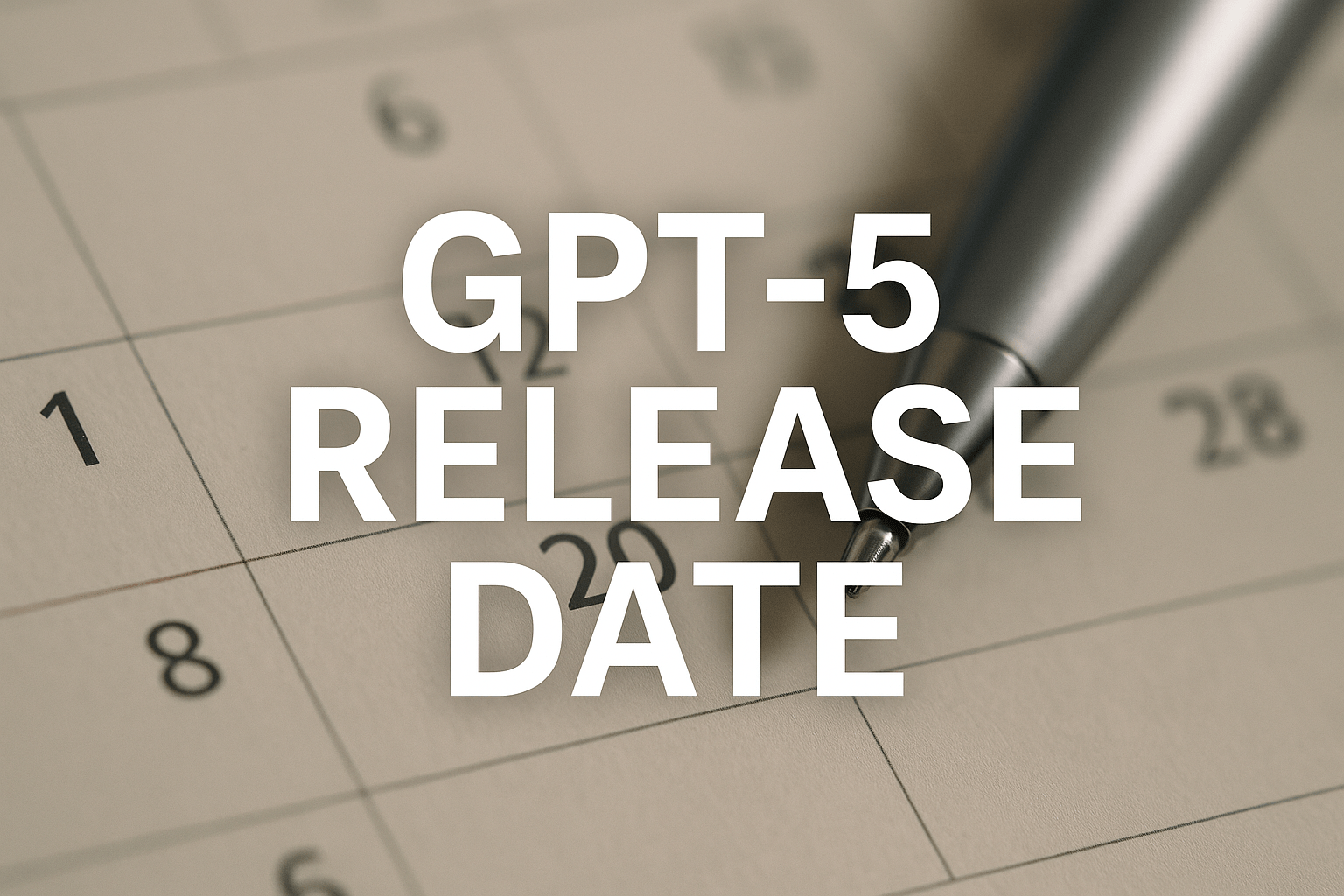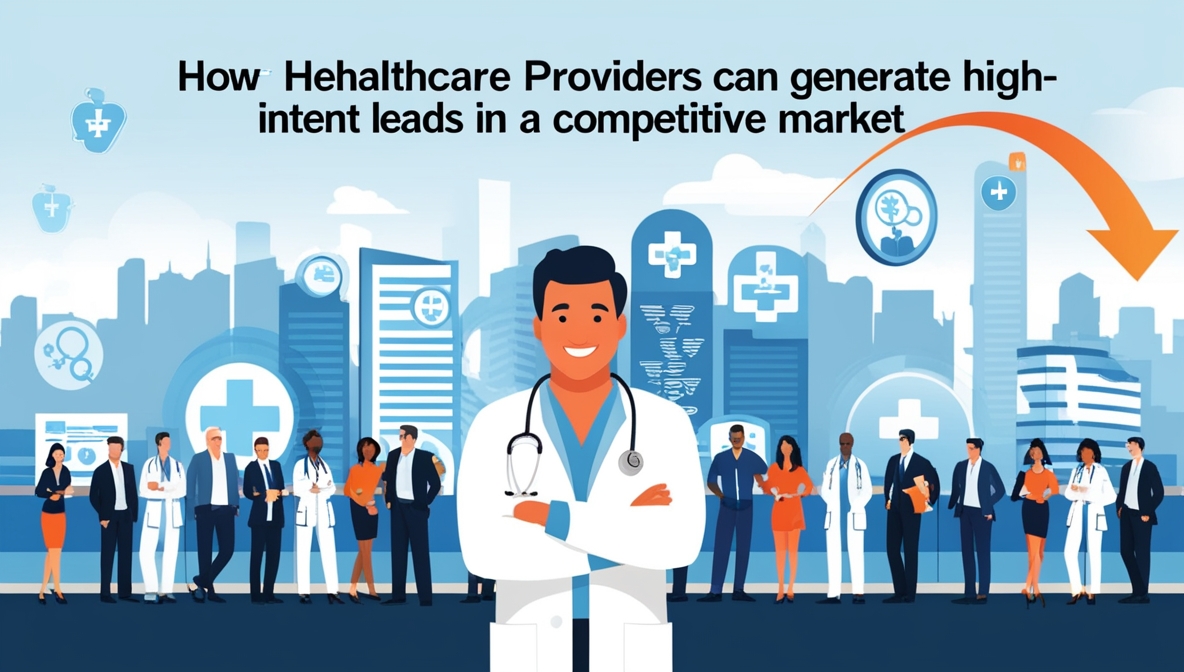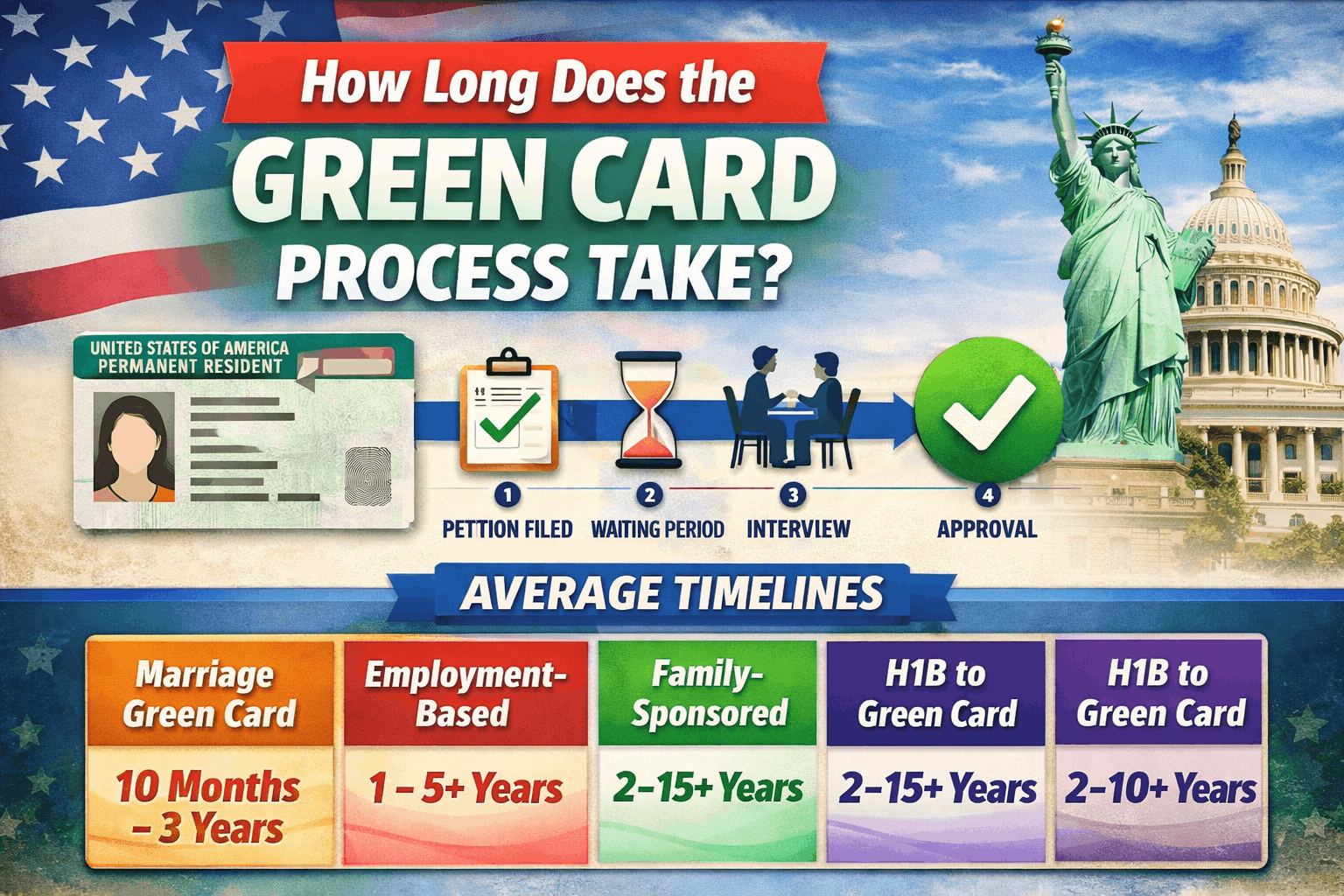|
Getting your Trinity Audio player ready... |
In what could be the most important moment in AI this year, OpenAI has reportedly confirmed the GPT-5 release date for August 2025. The tech community, from developers to digital creators, is watching this announcement with intense anticipation. After the widespread success of GPT-4, many expect GPT-5 to raise the bar for AI capabilities across industries.
This launch is not just another product release it’s a potential turning point for how we interact with machines, automate work, and redefine human-computer collaboration.
What Makes GPT-5 Different?

With GPT-5, OpenAI aims to overcome many of the limitations users experienced with its previous models. For example, GPT-4, although powerful, often struggled with memory, hallucinations, and consistent reasoning. Now, GPT-5 promises to change that completely.
Some of the most anticipated GPT-5 features include:
- A massively extended context window, allowing it to process and remember longer documents and entire conversations.
- Faster real-time reasoning, enabling more accurate responses and task execution.
- Enhanced multi-modal capabilities, likely including smoother interaction across text, images, and audio.
- Improved truthfulness, reducing the frequency of incorrect or misleading information.
These upgrades position GPT-5 as a transformative AI model for developers, businesses, educators, and creatives alike.
GPT-5 vs GPT-4: What’s Improved?
When comparing GPT-5 vs GPT-4, the gap is expected to be dramatic.
GPT-4 laid the foundation with coherent responses and impressive creative abilities. However, GPT-5 is designed to deliver deeper understanding, more nuanced dialogue, and improved task completion.
Here’s what early reports suggest will set GPT-5 apart:
- More stable memory and fewer resets during long interactions.
- Stronger support for coding and complex problem-solving in science, math, and engineering.
- Greater adaptability in enterprise applications and integrations.
- Support for custom AI agents that act like assistants or employees for specific tasks.
These capabilities make GPT-5 not just smarter but more reliable and scalable.
OpenAI GPT-5 Update: Testing and Previews Underway
Before the full launch, OpenAI has been rolling out intermediate models like o3 and o4-mini. These releases act as stepping stones toward GPT-5, helping the company refine performance and safety protocols.
This approach ensures that GPT-5 will launch with greater accuracy, safety, and usability. According to insiders, the final version may include plugin support, personalized memory, and a more intuitive interface.
With this steady pace, it’s clear OpenAI isn’t rushing. Instead, the company is focusing on long-term trust, reliability, and real-world impact.
GPT-5 Launch News Fuels Industry Buzz: GPT-5 release date
The GPT-5 launch news has already sparked a new wave of interest from Silicon Valley to Wall Street. AI investors, tech leaders, and startups are preparing for the possibilities this new model could unlock.
Google’s Gemini, Meta’s Llama, and Anthropic’s Claude are all racing to stay competitive. But OpenAI’s GPT-5 could shift the balance once again. Businesses are particularly eager to see how it performs in:
- Software development
- Customer service automation
- Personalized education and tutoring
- Legal research and medical diagnostics
The AI landscape is changing fast, and GPT-5 may take the lead at least for now.
When Is GPT-5 Coming Out?
So, when is GPT-5 coming out officially?
Current projections point to a mid-to-late August 2025 release. While OpenAI hasn’t confirmed the exact date, internal testing, model tuning, and infrastructure upgrades are already in full swing.
Some reports suggest that enterprise users may get early access through OpenAI’s API or Microsoft Copilot tools. However, a public rollout will likely follow shortly after, possibly integrated into ChatGPT and other partner platforms.
What This Means for the Future
The GPT-5 release date update isn’t just another tech milestone. It could change how we live and work in very real ways.
Imagine students using AI tutors that understand context like a human. Or businesses deploying AI agents that manage workflows, meetings, and even entire departments. With the potential to automate content creation, software debugging, and legal writing, GPT-5 may also impact job markets—both positively and disruptively.
At the same time, its release raises ethical concerns. Lawmakers, educators, and researchers will be watching closely. Regulations around superintelligent systems, data privacy, and content authenticity may accelerate following the GPT-5 launch.







